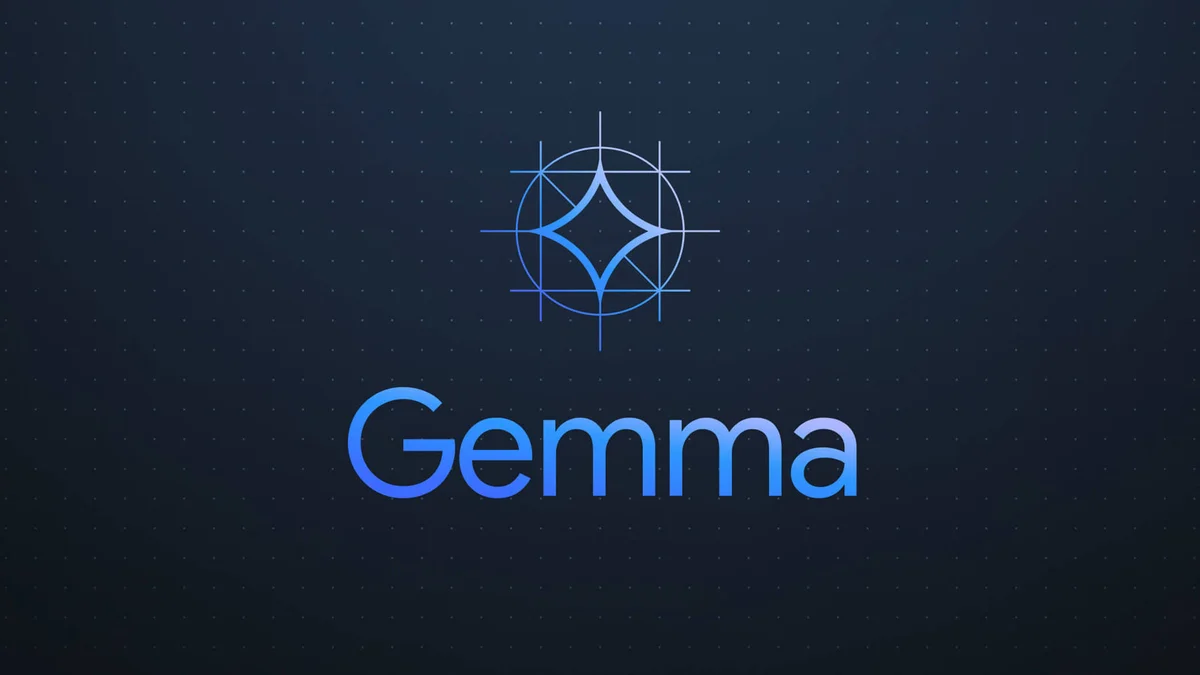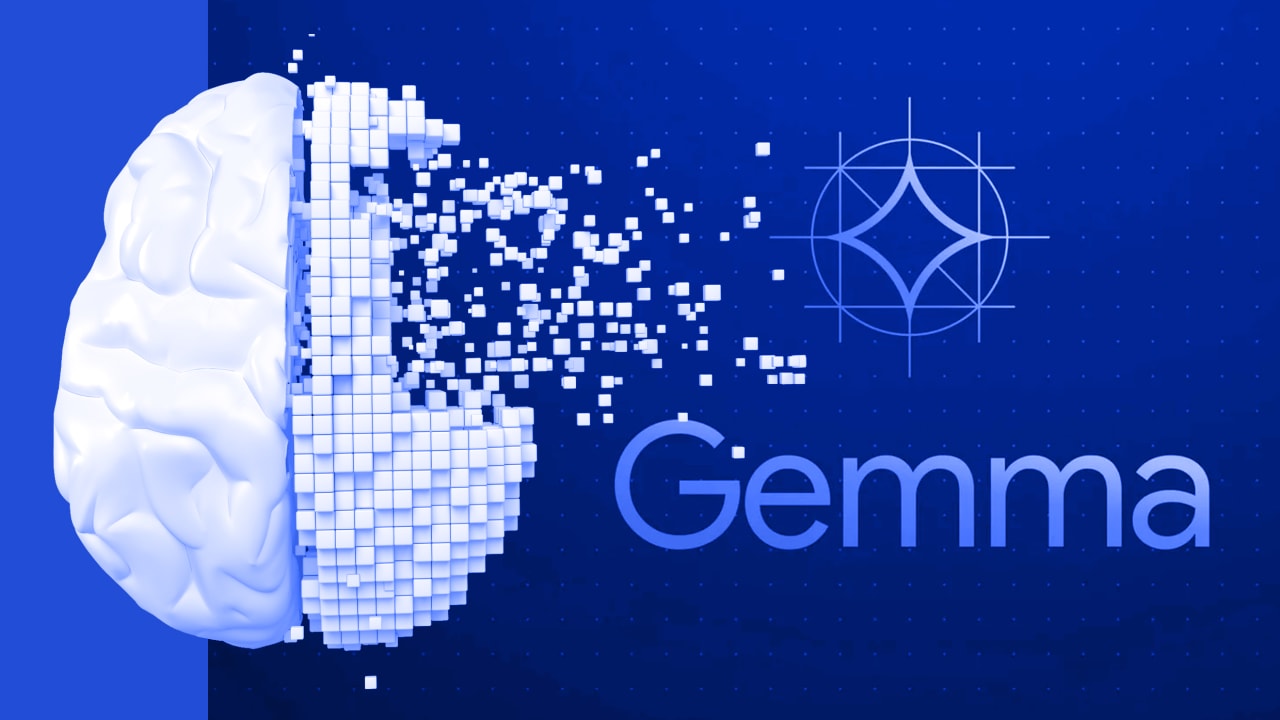Google has introduced Gemma, a new family of open-source AI models, marking a significant shift in its approach to sharing artificial intelligence technology.
Gemma models are built on the same research and technology as Google’s flagship Gemini models, offering a lightweight, state-of-the-art alternative for developers and researchers.
This move is part of Google’s broader commitment to contributing to the open AI community, following its history of releasing transformative technologies like TensorFlow, BERT, and AlphaFold.

Key Features of Gemma Models
- Model Variants: Gemma models are available in two sizes: Gemma 2B and Gemma 7B, with both pre-trained and instruction-tuned variants. These models are designed to be lightweight enough to run on a developer’s laptop or desktop, making them accessible for a wide range of applications[1][7].
- Cross-Platform and Framework Compatibility: Gemma models support multi-framework tools and are compatible across various devices, including laptops, desktops, IoT devices, mobile, and cloud platforms. They are optimized for performance on NVIDIA GPUs and Google Cloud TPUs, ensuring broad accessibility and industry-leading performance[1].
- Responsible AI Toolkit: Alongside the Gemma models, Google has released a Responsible Generative AI Toolkit. This toolkit provides developers with guidance and tools for creating safer AI applications, emphasizing responsible use and innovation[1][2].
- Open Model Philosophy: Unlike traditional open-source models, Gemma models come with terms of use that allow for responsible commercial usage and distribution. This approach aims to balance the benefits of open access with the need to mitigate risks of misuse[2].
Applications and Accessibility
Gemma models are designed for a variety of language-based tasks, such as text generation, summarization, and chatbots. They are particularly suited for developers looking for state-of-the-art performance in smaller, more cost-efficient models. Google claims that despite their smaller size, Gemma models surpass significantly larger models on key benchmarks[4].
Developers and researchers can access Gemma models through platforms like Kaggle, Hugging Face, NVIDIA NeMo, and Google’s Vertex AI. Google provides free access to Gemma on Kaggle, a free tier for Colab notebooks, and $300 in credits for first-time Google Cloud users, with researchers eligible for up to $500,000 in Google Cloud credits[1][4].

Google’s Strategic Shift
The release of Gemma represents a strategic shift for Google towards embracing open-source AI models. This move is seen as a response to the growing demand for accessible, high-quality AI models and a way to foster innovation and collaboration within the AI community. By offering Gemma as open models, Google aims to empower developers and researchers to build on its technology, while still maintaining a commitment to responsible AI development[2][4][6].
In summary, Gemma models offer a new, accessible option for developers and researchers looking to leverage Google’s AI technology. With their lightweight design, cross-platform compatibility, and focus on responsible AI, Gemma models are poised to contribute significantly to the open AI ecosystem.
Citations:
[1] https://blog.google/technology/developers/gemma-open-models/
[2] https://opensource.googleblog.com/2024/02/building-open-models-responsibly-gemini-era.html?m=1
[3] https://cloud.google.com/vertex-ai/docs/generative-ai/open-models/use-gemma
[4] https://www.theverge.com/2024/2/21/24078610/google-gemma-gemini-small-ai-model-open-source
[5] https://www.fastcompany.com/91033521/breaking-down-gemma-google-new-open-source-ai
[6] https://www.bloomberg.com/news/articles/2024-02-21/google-releases-gemma-ai-model-for-open-source-developers
[7] https://finance.yahoo.com/news/google-introduces-a-lightweight-open-ai-model-called-gemma-130053289.html
[8] https://fortune.com/2024/02/21/google-new-family-open-source-ai-models-gemma/



